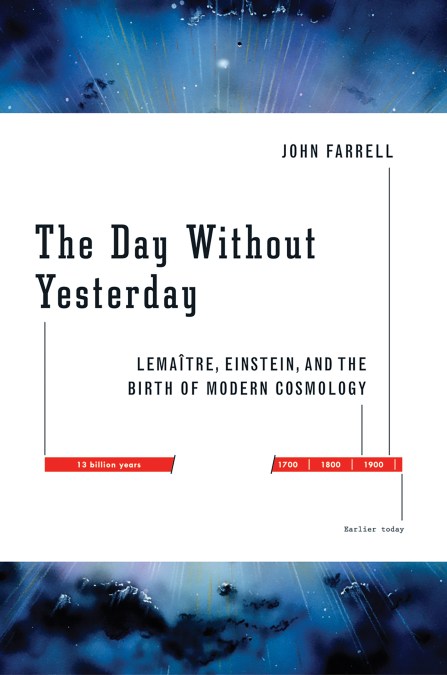
Warning: this post includes spoilers for Black Widow , Avengers: Endgame , and Spider-Man: No Way Home . Seems a small price to pay to understand the biophysical limits of the biosphere, but it's your call. So, are you sure you want that superpower? Have you noticed that superheroes usually have difficult lives and crushing responsibilities?







